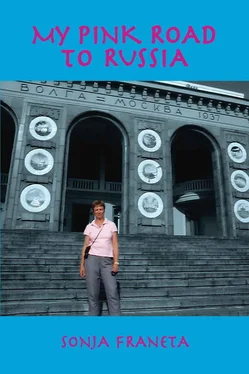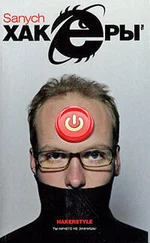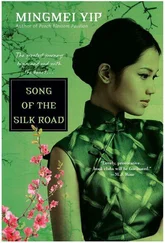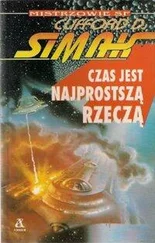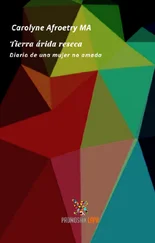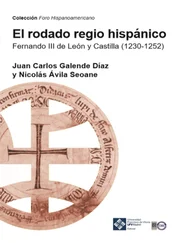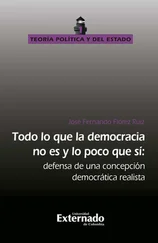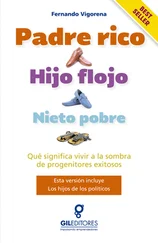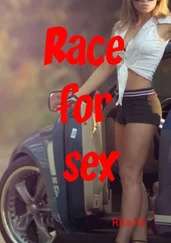“I remembered how a poet helped me when I was having trouble leaving all that my husband and I had built together to start a new life. It was W.H. Auden. Do you know his name?”
“Ah yes,” said Ksiusha. “Wasn’t he gay?”
“I took his collected works from my shelf in my husband’s and my house and it just fell open to this page—a sign! I listened. His words gave me courage. I still can recite some of the lines:
Underneath an abject willow,
Lover, sulk no more:
Act from thought should quickly follow.
What is thinking for?
Your unique and moping station
Proves you cold;
Stand up and fold
Your map of desolation.
“How do you think coming out changed your life?” Ksiusha asked.
“A great question. You know, I tried to get an interview with a woman in Tomsk once, and she declined, saying the label lesbian was narrow—she said she was much more than a lesbian. I knew being open and true to myself felt like an opening, not at all a restricting. The woman had lost her job at the university because of her sexual orientation. I tried to explain that it was the university administration that was narrow-minded, not the label. Of course any kind of label is confining, but the best way to build a new life is to connect with others and widen your circle. What better way than to come out?
“To say you are a lesbian means you have left the traditional fold, you have moved out of the box society gives us and over to new possibilities. In turn, this new adventure can offer others a model for a more creative and independent life. Yes, it takes courage to come out, but it also means you want more out of life. You don’t want to settle for what is acceptable.
“When I was interviewed by gay.ru[the central popular website for Russian LGBTs], the journalist entitled the piece ‘Sonja Franeta Who Loves the Word Lesbian.’ Although I did say something like that in the interview, what I meant was that I embraced the word and didn’t reject it. We have plenty of labels in language and society. They are just a way of talking about something. Remember what Tsvetaeva said—everything is a translation! We translate our thoughts in order to speak about them. A label is a translation.
“I also strongly believe that coming out has put me on an amazing journey. I became an activist, not only for LGBTs but for all oppressed people, first and foremost for women and for working-class people, my people, advocating for those countries oppressed by the U.S. military and the CIA, for black civil rights and for the poor and for marginalized people. I became more keenly aware of what was going on in the world and the historical context. I became educated in class politics which changed my life.
“I saw history differently—the oppression of LGBTs (and women) was important to keep the family in place, the bulwark of capitalism. I still am close to Che Guevara’s famous quote: ‘At the risk of seeming ridiculous, let me say that the true revolutionary is guided by a feeling of love.’
“After about twelve years of full-time activism, I followed my heart once again and emerged as a writer. It was poet Judy Grahn who was a mentor to me when I returned to the San Francisco Bay Area in 1987. She said the only way to be a writer is to ‘take yourself seriously as a writer.’ That’s right. I am a writer and I have enjoyed writing and sharing my writing, my translations. At that time I met other writers and friends, political and not, who helped me feel confident in my transition to being a more dedicated writer.
“When I traveled to Russia to learn more in 1991 and connect with sexual minorities, it was with all of my Slavic background, my literary interests, my political activism, and my appreciation for queer lives that I approached my interviews and other work in Russia. A great feeling of love! My mind was opened further—I learned that someone could be a transsexual or transgender and also be a lesbian. Was there any translation for this fluid identity I was hearing about? I learned that people who lived under an enormous stultifying blanket of silence could live their lives like flowers in a forgotten garden. They were becoming connected, internationalized, and I was part of it. This was all for the better, all human progress, even if it goes back a few steps for a while. We will emerge so much better for all this.”
As we neared Lena and Sveta’s dacha, Ksiusha said to Lena, “She has a Slavic soul, doesn’t she?” I smiled and thought to myself: really I am a citizen of the world. The simple old wooden dachas with rundown yards surrounded us. Lena and Sveta would greet us warmly and we would soon have tea and other goodies.
I found myself thinking of a much-quoted phrase, perhaps from a civil rights chant, that June Jordan used as the last line of a 1978 poem about South African women standing up against apartheid: “We are the ones we have been waiting for!”
Acknowledgments and Notes
Many friends and professionals helped with editing and critiquing these pieces. Rarely does a writer work get completely alone, and I have thrived on the comments and suggestions of those who have worked with me and the words and discussions of many.
First I want to thank all those who shared their stories and life struggles with me in Russia, Siberia and the Ukraine. Thanks to Judy Grahn, who helped get me started on my journey as a writer. Thank you to all my fellow writers, collaborators, and editors along the way: Nancy Fishman, Chude Allen, Gail Sher, Elana Dykewomon, Norma Smith, Jeff Goldthorpe, Regina Mouton, Aubrey Cramer, Tracy Thompson, Anastasia Kirichenko, Olgerta Kharitonova, Elena Gusyatinskaya, Sveta Barabanova, Viktor Pismenny, Stephanie Vandrick, Cathy Cade, Cheiron McMahill, Olya Teslenko, Martha Lunney, Ilse Fuskova-Kornreich, Susana Blaustein Muñoz, Lucy Jane Bledsoe, Nancy McKenzie, Janet Bogardus, Mary Wagner, Lisa Carruthers, Fanchon Lewis, Judy Reeves, Gina Cameron. I thank my family: my mother, my sister Nada and her husband Eugene, my brother Tom and wife Emily, Kim Lash-Rosenberg, Lili Lash-Rosenberg, and my partner and spouse, Sue Shallenberger for their love and support.
Thank you to Joy Johannessen, my editor for this book—her suggestions and work have been invaluable. Thank you to Susan Zárate, my cover designer and friend, who did beautiful work with a photo taken by a Russian friend at the old Rechnoy Vokzal river station in Moscow.
A number of these pieces originally appeared, in slightly different form, in various publications: “Imperfect Glass,” in Writing for Our Lives 2, no. 2 (Winter 1994); “Survivor,” in Good News , a publication of Laney College, Oakland, CA; “After Church,” in Common Lives/Lesbian Lives , no. 43 (Summer 1992); “My Violin Loves to Play,” in Sinister Wisdom, no. 49 (Spring/Summer 1993); “Emerging Voices,” originally written for and published in the first issue of the Journal of Engaged Pedagogy (Tokyo, September 2001), a bilingual Japanese journal, although edited and produced by English-language professors was nontraditional in the academic sense (how often are poems and coming-out stories included in academic writing?); “The Rest Is Poetry,” in Good News (Spring 2006); “Amazon Sisters on the Trans-Siberian Railroad,” in Lucy Jane Bledsoe, ed., Lesbian Travels: A Literary Companion (San Francisco: Whereabouts Press, 1998).
“The Pigeons of Heiden,” based on my interview with Mrs. Schubert, ends with a fragment of a quotation from Anne Michaels’s Fugitive Pieces , which reads in full (spoken by Jakob), “Perhaps the electron is neither particle nor wave but something else instead, much less simple—a dissonance—like grief, whose pain is love.” I sense the universe and the entire struggle of human beings in this quotation.
Читать дальше
